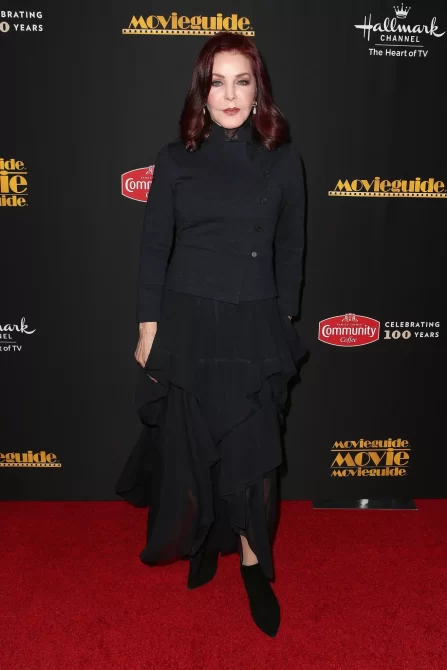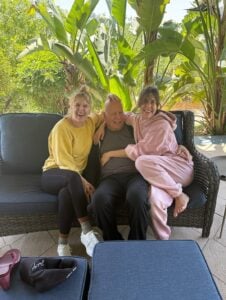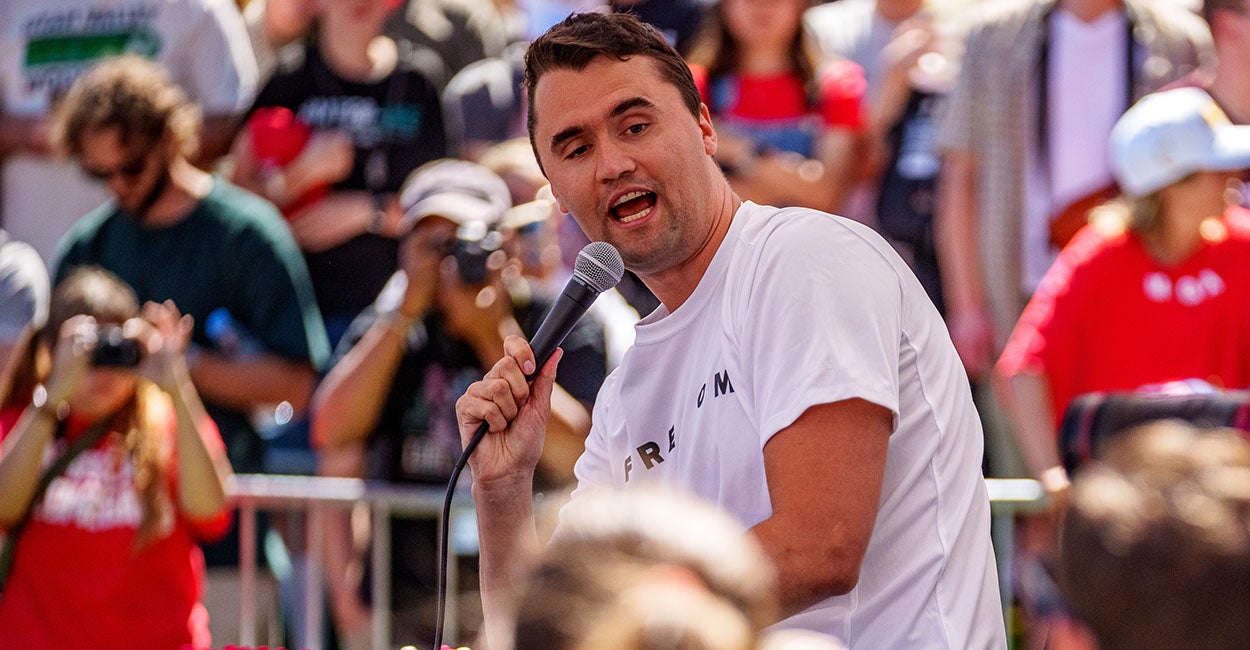
doyouremember.com
Neil Young Joins Farm Aid 2025 Lineup Alongside Bob Dylan
The spirit of music and activism came alive once again at Farm Aid 40 in Minneapolis, where legends and rising stars shared the stage for a cause that has resonated for decades. Fans filled the venue not only for the thrill of live music but also to stand behind America’s farmers, a mission that has been central since Farm Aid’s founding in 1985. Among the most anticipated performers of the night was Neil Young, whose presence reminded many of the event’s deep roots in both music and advocacy.
For longtime fans, the Farm Aid experience blends nostalgia with purpose. One attendee told Fox 9 that “it’s wild how, like, these artists are just, like, here, and they’re just doing their thing, and they’re doing it like no one else could ever do it.” That sentiment echoed throughout the crowd, as people danced, sang along, and waited for iconic moments from stars like Bob Dylan, Willie Nelson and Family, and, of course, Neil Young.
Neil Young Keeps Farm Aid’s Legacy Alive
Neil Young/Instagram
Few artists embody the heart of Farm Aid quite like Neil Young. As a co-founder of the benefit concert alongside Willie Nelson and John Mellencamp, Young has been central to its mission of raising awareness and support for family farmers. His performance this year carried not only his signature sound but also a reminder of why the event exists: to protect farming traditions and ensure fresh, local food remains accessible.
Bob Dylan – Nowlan Park, Kilkenny – Sunday 14th July 2019/Wikipedia
Fans described the night as a rare blend of music and message. Many came specifically to see Young perform once again, recognizing his role as both a musician and activist. The inclusion of Neil Young in the Farm Aid 2025 lineup was more than expected—it was essential.
Farm Aid 2025 Lineup Delivers Nostalgia
Neil Young performing My boy live at Lakefield College in Ontario, Canada/Youtube video screenshot
While Neil Young’s presence drew waves of nostalgia, the evening also highlighted the depth of the Farm Aid 2025 lineup. From the legendary Bob Dylan, who hasn’t played Minneapolis in more than a decade, to the soulful Lukas Nelson carrying forward his father’s legacy, every act offered something unforgettable.
Neil Young in concert/Everett Collection
According to Fox 9, one fan admitted he had to see Dylan live for the first time after years of listening to his records. Others praised the gathering of icons, calling out their excitement for “Neil Young, Willie, and Bob Dylan.” Together, the lineup created a cross-generational experience, linking classic voices with newer ones, all while standing firm in support of farmers.
Next up: Fans Celebrate Elvira Birthday’s As ‘Mistress Of The Dark’ Cassandra Peterson Turns 74
The post Neil Young Joins Farm Aid 2025 Lineup Alongside Bob Dylan appeared first on DoYouRemember? - The Home of Nostalgia. Author, Ruth A
















